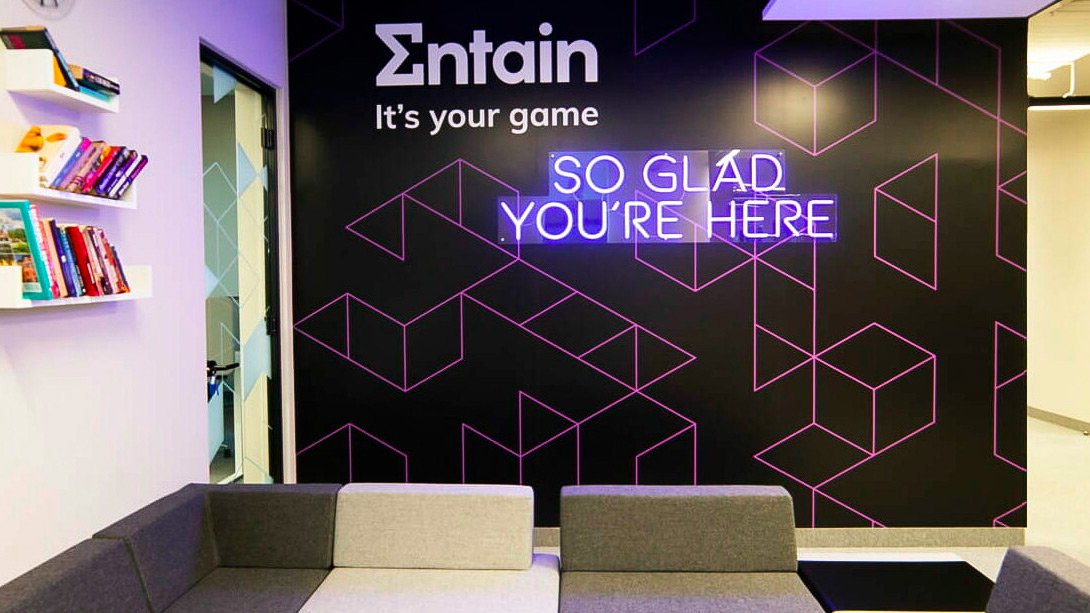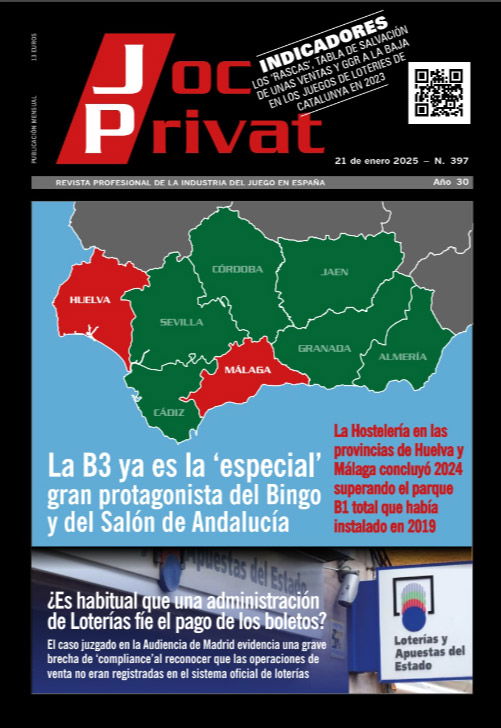Ireland approaches landmark gambling regulation with new bill set for enactment

Ireland is on the brink of a change in its gambling sector, with the Gambling Regulation Bill nearing enactment after a lengthy legislative journey. The bill has passed through both Houses of the Oireachtas and is expected to be signed into law by President Michael D. Higgins imminently.
The proposed legislation, which addresses various aspects of gambling regulation, was first introduced in the Dáil (lower house) in December 2022 and completed its legislative process there by May 2024. The bill, which has been over 11 years in the making, aims to bring Ireland’s gambling laws in line with modern standards.
After its presentation to the Seanad (upper house) on May 14, the bill moved swiftly through the necessary stages, culminating in its report stage completion on October 8. This expedited progress has been attributed to the impending general election in Ireland, with the current government eager to finalize remaining legislative priorities.
A key element of the bill is the establishment of the Gambling Regulatory Authority of Ireland (GRAI), which will oversee a new licensing framework for both in-person and online gambling.
This independent statutory body aims to enhance consumer protection and ensure compliance with the new regulations. It will have powers to enforce the new rules and impose substantial fines of up to €20 million ($21.75 million) or 10% of a company’s turnover for breaches.
James Browne, the minister of state at the Department of Justice, expressed his satisfaction with the passage of the bill. “I am truly delighted to welcome the passage of this long-awaited legislation, which is the result of many years of hard work by myself and a team of dedicated departmental officials,” he stated.
He emphasized that the legislation is primarily a public health measure aimed at safeguarding citizens from gambling-related harms, particularly for younger individuals and vulnerable groups.
The bill introduces a daytime gambling advertising watershed, which has raised concerns for entities like Racing TV, claiming it could threaten their operational viability in Ireland.
Racing TV’s parent company has voiced its worries that the proposed advertising restrictions would render broadcasting economically unfeasible. In contrast, Sky Sports Racing has already adapted to the incoming advertising regulations by creating a separate feed for Irish viewers.
The bill includes several provisions, such as a prohibition on inducements offered by bookmakers and the creation of a Social Impact Fund financed through annual contributions from bookmakers based on turnover. The GRAI is expected to receive a budget allocation of €9.1 million ($9.87 million) for 2025 to facilitate its operations.
As the legislative process wraps up, the GRAI will be tasked with enforcing the new rules, including curbing illegal gambling activities and addressing the rising concerns about problem gambling in Ireland. The Economic and Social Research Institute (ESRI) has highlighted the severity of gambling-related issues in the country, indicating that one in ten adults may be classified as problem gamblers.
Minister Browne added: “I am conscious that many people have strong views on the issue of gambling, and I believe that this bill is designed to meet the challenges of gambling responsibly in 21st-century Ireland. The bill takes a responsible approach to balancing the freedom to gamble with the safeguards to protect people from falling prey to addiction.”
Browne, who has been leading the bill through the Oireachtas, recently proposed an amendment designed to give the new regulator greater authority to limit the use of free bets by gambling companies. This move followed a heated debate in the Seanad, where senators raised concerns that free bets could entice gambling addicts back into betting.
The minister acknowledged these concerns, stating: “We have also put in the power for the gambling regulatory authority of Ireland to put in further restrictions as it sees necessary to restrict the types of offers that may be made and how they may be offered. It really does strengthen the hand of the authority and the minister to go even further as they see necessary.”
Barry Grant, a counselor and project manager at Extern Problem Gambling, also voiced his concerns: "Promotion of ‘free bets,’ ‘free spins,’ and other inducements to gamble are a regular source of relapse for the people who use our services. Equally concerning is the reality that free bets and free spins also induce young people to start gambling."
Tánaiste (deputy prime minister) Micheál Martin has previously expressed his determination to see the law passed during the current government’s term, calling gambling "a shocking addiction" that can devastate families both financially and emotionally.

















































